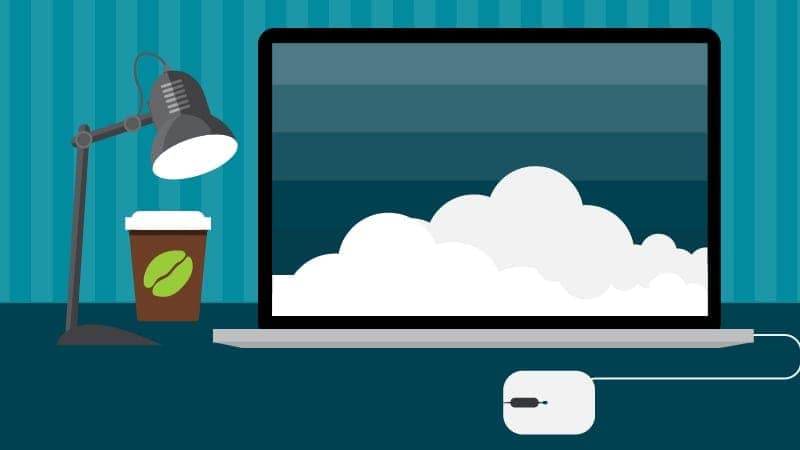Whenever I hang up the phone after talking to my friend Lisa, I always feel better than I did before the call.
It’s not because she makes me laugh, although she often does; it’s not because she asks good questions or because she affirms and encourages me, although she does both of those things very well; it’s not even because she is one of my closest friends.
The reason I always feel better when I talk to Lisa is that she is an excellent listener. Lisa regularly practices the art of reflective listening.
Reflective listening is the practice of repeating the heard message back to the listener to correct any inaccuracies or misunderstandings (Nelson and Quick, 2008).
The practice of reflective listening requires you to:
- Put aside distractions.
- Focus intently on what the other person is saying.
- Listen for the meaning behind the message, so that you can pick up the emotion behind the person’s words.
Once you have listened well, you have the opportunity to:
- Ask questions to make sure you understood the message.
- Paraphrase the person’s thoughts, including any subtle emotional cues you may have heard.
- Listen again, as the speaker clarifies their thinking.
Leaders who practice reflective listening affirm their followers in a way that resonates past the conversation. Leaders who listen thoughtfully and thoroughly communicate respect to others. They show that they value others and provide a framework for a positive working relationship.
Although reflective listening works best face to face or over the phone, it also works via email or in online social media relationships. When someone sends you an email, you can begin your reply by paraphrasing the request before responding. Or if you are communicating via Twitter or Facebook, you begin your response by summarizing some part of what the person shared.
When you do, the other person will come away from the interaction with a positive feeling, the same one I have whenever I talk to my friend Lisa.
Join the conversation!
What experiences have you had with reflective listening?
If you practice reflective listening, what benefits have you experienced in your work or personal relationships?
This was originally posted at Mountain State University LeaderTalk and is reposted with permission.

I am the founder/CEO of the Weaving Influence team, the author of Reach: Creating the Biggest Possible Audience for Your Message, Book, or Cause, and the host of the Book Marketing Action Podcast. I’m a wife and mom of three kids, and I enjoy running, reading, writing, coffee, and dark chocolate.


Hi Becky! It sounds like the desire of your heart is that leaders learn to engage not only by listening, but by hearing too! It’s clear to me that you believe reflective listening conveys a sense of valuing and respect, and from this grows deeper connection and positive working relationships. It feels like you are authentic in caring that your audience “gets it”. 🙂 Great post Becky, and I think that deeper than receiving a sense of confirmation or agreement, being understood is a fundamental human need. Sacrificing self in order to hear another is a form of servant leadership. Thank you for your great work and serving heart!
I call it giving back not only the “words” but also the “music”. Reflective listening is a great tool when it is done from the heart and with true intention to understand the other!
Reflective listening is an art form that takes continuous and conscientious practice. The best nurses are excellent practitioners of this art. Unfortunately, not everyone is or understands how important it is. I agree that it is critical to excellent leadership. I have learned about the importance of this while working with patients and families for 30 years. It is my personal theory that 99% if not 100% want more than anything to feel that they have been heard-particularly angry people! Listening, not defending, tends to be a great diffuser.
Thanks for the excellent post. I think reflective listening is one of the many important leadership skills. To be able to develop good listening skills is not always easy as it seems to be. It requires a lot of patience and perseverance and is achieved after a long time. Until and unless a leader does not listens to the queries of his co-workers patiently and solves them, he cannot become a successful leader.